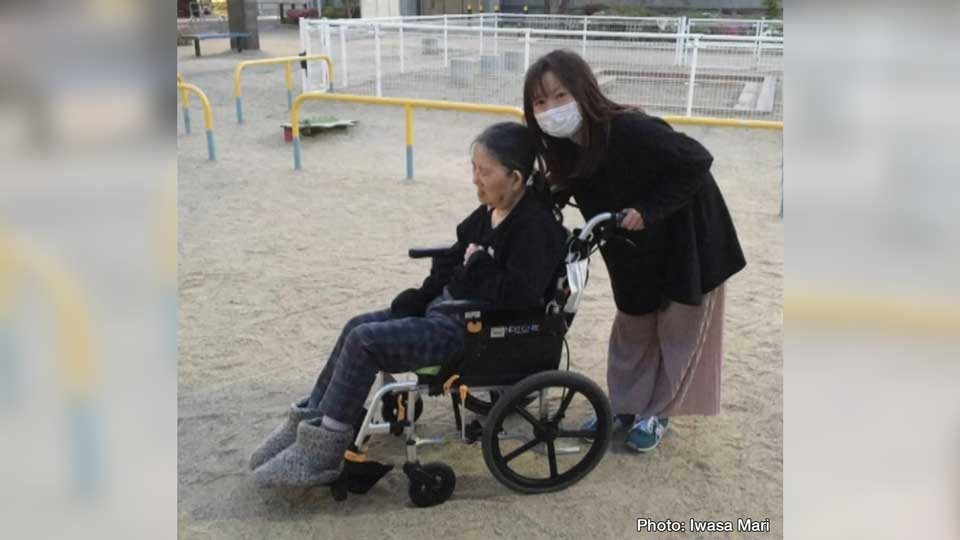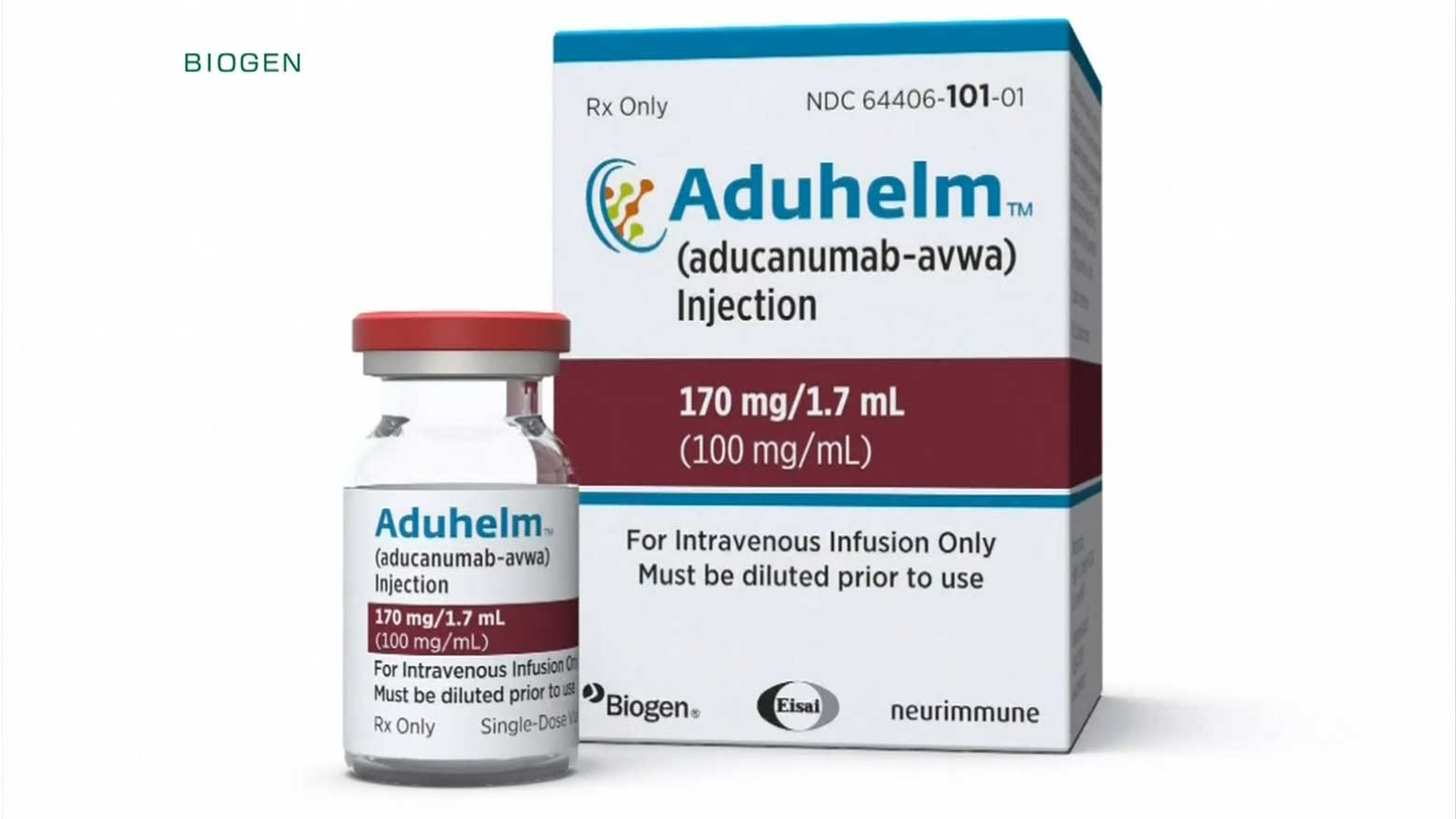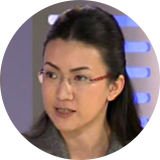Aducanumab, developed jointly by US firm Biogen and Japanese pharmaceutical company Eisai, is the first new medication for Alzheimer's disease in almost two decades. Unlike other treatments, it targets the cause of the illness, rather than the symptoms.
The drug is being marketed as Aduhelm. It breaks down proteins that cluster between neurons and disrupt cognitive function. The US Food and Drug Administration approved it early this month after taking into account clinical testing that showed it could slow down the development of Alzheimer's if taken early enough.
Japan's health ministry has been considering an application for approval since December last year. Some experts are wary about its efficacy, cost, and the speed of the US approval process.
Alzheimer's patients, their families, and carers, welcome the new treatment. "We are very hopeful because the drug has been approved in the US as a treatment. I hope it will be approved in Japan soon," says Mori Yoshihiro, who leads a support group for people with early-onset dementia and their relatives.
"Patients have been disappointed every time they receive information that the development of a new drug has been abandoned," he says.
Japan has roughly six million people with dementia and an estimated 60 percent of them suffer from Alzheimer's. The number is likely to grow as Japan's society ages.
Iwasa Mari, who takes care of her mother who suffers from early-onset Alzheimer's, says dementia is an illness that is extremely cruel to patients as well as their families.
Her 72-year-old mother was diagnosed when she was 58. Since then, her condition has been steadily deteriorating. She now has difficulty remembering her daughter's name.
"I've often felt devastated knowing there is no cure. It's been extremely hard just watching my mother get worse," says Iwasa. "I hope no other families have to go through what my family has."

Approval issues unresolved
Biogen is already distributing the drug in the US, with reviews underway in several other countries. FDA regulators granted approval despite noting that the clinical trials left them with some "uncertainties." They are asking the manufacturer to conduct additional clinical tests that could take years.
The head of the clinical research at the National Center of Neurology and Psychiatry, Nakamura Harumasa, says it's too early to approve the drug in Japan.
"The efficacy of Aducanumab hasn't been fully proved," he says. "I can't be happy wholeheartedly. We have to be careful about whether it really works, and who to give it to."
Other experts have concerns, including Iwatsubo Takeshi, senior director of the Japan Society for Dementia Research. He says the clinical evidence points to possible side-effects, including localized swelling of the brain, headaches, or light disturbances of consciousness that need monitoring.
Iwatsubo also worries about the cost of the drug — an estimated $56,000 a year per patient. He says it could become a serious drain on government finances.
"I think only patients who will get the greatest benefit from the drug should receive it," he says.

